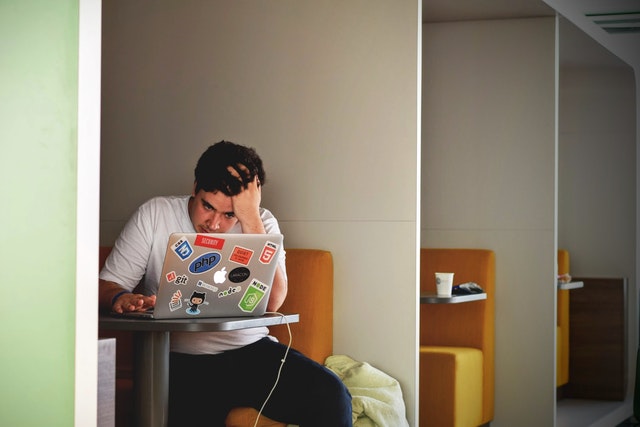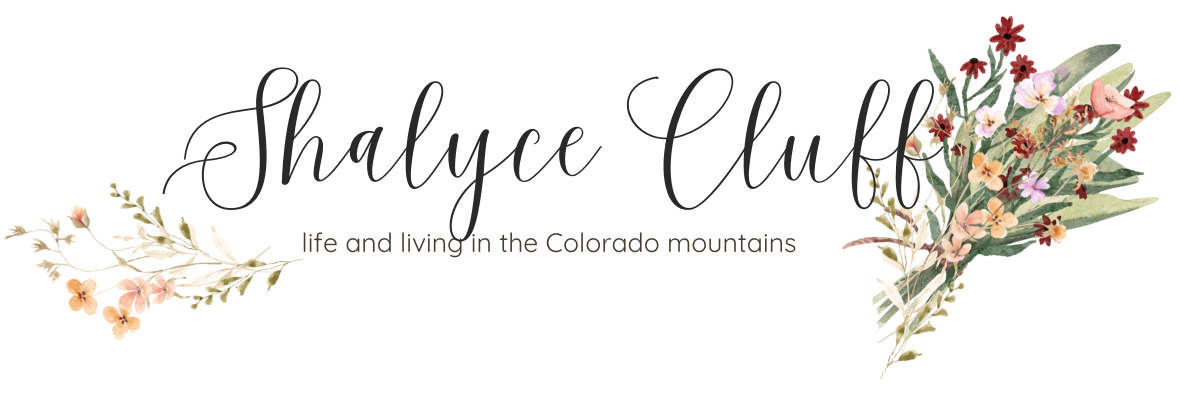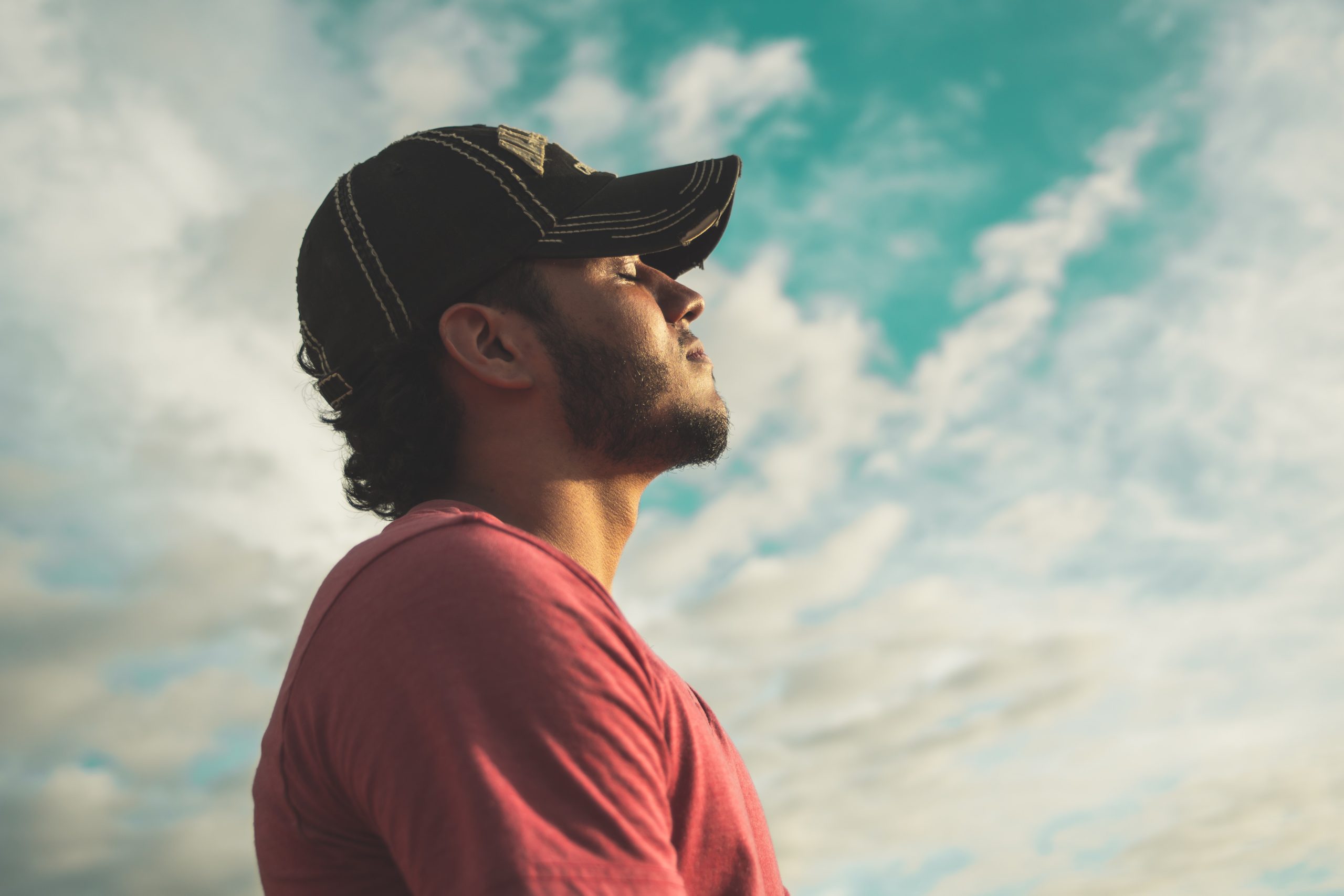Counteracting Anxiety through Breath
Sometimes you just need to breath.
Seriously. STOP what you are doing.
Take a break from the environment around you and focus on breathing.
Step away from situations resulting in anxiety and focus on breathing.
I recently had a day like that.
From the time I woke up in the morning, I was feeling anxious. It was an underlying buzz. I was not consciously aware of why I was feeling anxiety. It started simply as a general sense of unease.
As the day went on, stressful situation after stressful situation popped up. I could feel myself start to become amped with elevated emotions and responses.
This general sense of unease, which was anxiety further made me worry that something else was wrong that I didn’t know about yet. I wondered if something was going to happen to one of my kids. Was this a sign of something bad to come? My anxiety spiked even more.
That gut feeling, that something was wrong, was not an intuitive direction.
It was the side effects of my autonomic nervous system being on high alert. It was not inspiration that something was amiss, but my anxiety in full gear and my fight/flight/freeze response being activated.
Anxiety can feel like frustration, or anger. I’m often a fighter when my anxiety kicks in, and my body feels the need to preserve itself from danger. I could feel myself getting aggravated with those around me for no real reason.
I put a good plan in place to remedy the situations that caused my anxiety to spike. But I was still on high alert.
It wasn’t enough that the stressful situations had been managed.
When anxiety kicks in and takes over you may feel unwell, sick to your stomach, or it might be a general sense of unease. Increased anxiety can manifest in many other ways also, freezing or inability to function in daily tasks, even physiological symptoms such as headaches may be common. My anxiety generally manifests as a sense of general unease. As it progresses I am more quickly irritated–ready to fight.
This is just what happened.
My amygdala, the emotional center of the brain had kicked into action. Sensing danger, the amygdala sent a signal to the hypothalamus which signaled to the sympathetic nervous system that it was go time. The adrenal gland was then used to shoot epinephrine, better known as adrenaline, throughout my entire body.
Once your amygdala takes the reins, your prefrontal cortex, the thinking part of your brain, takes a step back.

Suddenly, using logical thought is a little more difficult and you quickly and automatically react as if you were in imminent danger. This is what your brain is telling you to do. It is how your brain has interpreted your situation.
I was not aware of all that was going on within my body when my anxiety spiked. I felt uneasy but was oblivious to the rest of the process. However, the unease gave way to quick reaction and overreaction.
I was reacting all over the place. Feeling irritated. Unable to focus. Scattered.
This fight/flight/freeze response was taking it’s tole.
I was in no real danger. But my body didn’t want to believe that, so it was responding to every little “threat” I encountered.
Sometimes with anxiety you feel the need to check out, to just make it stop.
This is often my response. It isn’t always the best coping mechanism, but it can be good to step away.
Best however, is to take a step back mentally, and reset your system.
How do you reset an anxious, overwhelmed system?
It is simpler than you would think. You need to go back to your basic functions and concentrate on them.

Number one, is paying attention to your breath and lengthening your breathing.
When your nervous system is filled with adrenaline, which occurs when you are stressed or anxious, your heart rate increases and your blood pressure goes up. Consciously, or more often unconsciously you begin to breath more rapidly. This action makes it so, in a life or death situation, your body is capable of maximum response.
Unfortunately, when it’s not life or death it can create more problems that it solves.
Your body needs a sign to let it know you aren’t in danger. Of course you can with a conscious awareness tell yourself this. Telling yourself “I’m okay,” can work to an extent. But remember, your prefrontal cortex isn’t at it’s best right now. Logic doesn’t necessarily click.
Breathing is so natural, we take it and the role it plays in our life for granted. But breath is a super power.
Breath is a very clear communicator to the rest of your body. Just as a lack of breath can tell your body it is in danger, increased breath can let your body know that it is okay to relax.
Breath regulates blood flow. As you breath deep your blood receives more oxygen. With increased oxygenation, the work your heart is doing becomes more efficient. Then your heart begins to slow down, no longer working so hard.
This triggers other functions within your body. The epinephrine pumping through your veins begins to slow. Your brain begins to realize you are no longer in danger.
All those feelings of unease and stress that you can consciously identify begin to dissipate.
When I became consciously aware that my anxiety spiked, I was in the middle of town, in a car with two of my kids.
As I felt myself getting more and more overwhelmed, despite dealing with the situation that had pushed my internal panic button, I realized I needed to just breath for a moment.
I sat in the car, in the middle of a parking lot, with my two kids full of energy and boredom, and I just took deep breaths. I closed my eyes to eliminate other stimulation and distractions.
In.
Out.
In.
Out.
Deep breaths.
Over and over again.
I get bored quick, and this was no exception. And, my nervous system was still on high alert.
In.
Out.
In.
Out.
I could feel the unease begin to dissipate. My brain was being told–I’m sitting here, doing nothing but breathing. Everything is okay.
And the process began to reverse.
I could feel a sense of well-being coming back. I could feel my irritability lowering.
It was not completely instant. In fact, I jumped up and started moving sooner than was ideal. But, the automatic irritable response and the unease in my gut began to lessen.
I went about my day.
As I felt the anxiety start to kick in again, instead of reacting, I just took a deep breath.
Breathing is so easy, that even when you are feeling highly anxious, you can override your amygdala while you focus on your breath.
It doesn’t take all the conscious effort that changing your thoughts does. When your thinking brain has checked out, you need something that is quick and easy. Conscious breathing does just that.
So next time that feeling of unease enters your stomach, or you find yourself snapping at people, overreacting to situations, or checking out of your responsibilities–recognize what it is. Your sympathetic nervous system is kicking in gear.
Be kind to yourself. Let your body know that everything is okay. You don’t need to go on hyper alert.
Take a step back and breath.
Stop what you are doing and go breath–deep and long.
As it sneaks back in, which it will likely do–refocus your system and breath.
It’s so simple, anyone can do it, and it’s so powerful that you will feel the effect immediately.
Breath until you return to a healthy baseline and your prefrontal cortex can kick back in and get that rational thought back in charge.
To learn about other tools you can use to mitigate anxiety, click here.




6 thoughts on “Counteracting Anxiety through Breath”